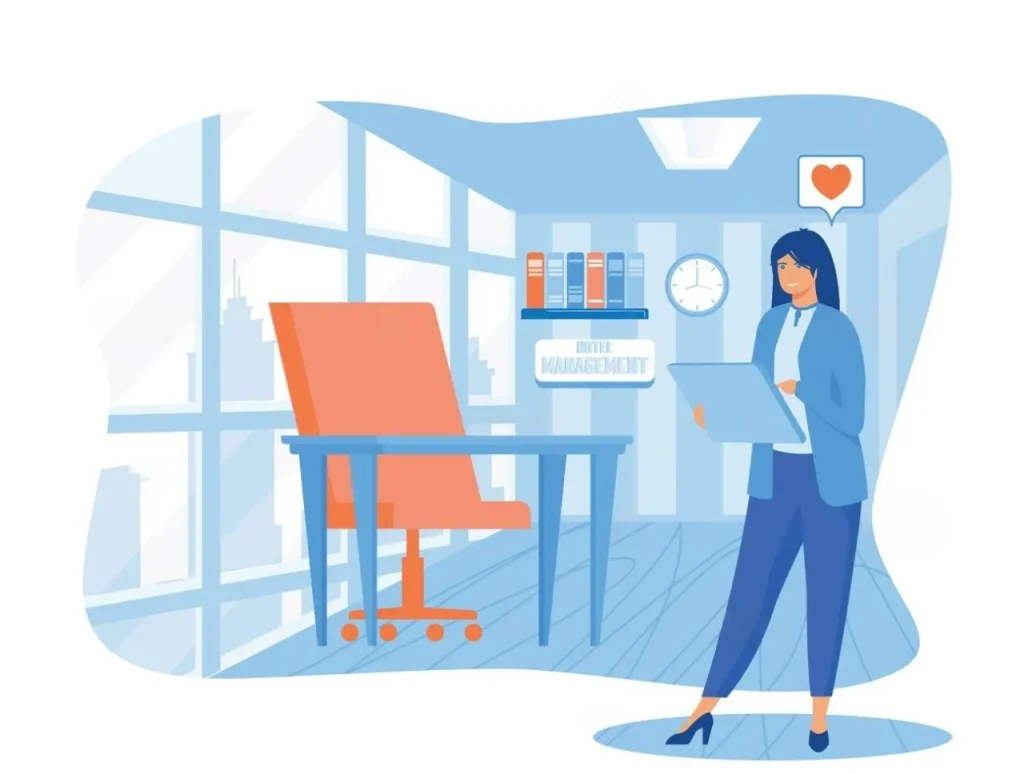The hotel industry has undergone significant changes over the years. In the past, guests had to wait in line for check-in, but today, advancements in technology have made the process faster and more efficient. Automation and check-in software have played a key role in improving hotel operations and enhancing the guest experience.
This blog post will explore how automation is reshaping the hotel industry to drive efficiency and elevate guest satisfaction.
The Rise Of Check-In Software In Hospitality
The Evolution Of Check-In Processes
In the past, guests had to stand in line and interact with front desk staff to receive their room keys, which was a slow and frustrating process. Hotels began implementing digital solutions in the late 1990s and early 2000s, introducing self-service kiosks that allowed guests to check in independently. Today, hotel check-in software and digital keys are widely used to streamline operations and enhance guest experience.
Modern check-in systems offer various benefits, such as reducing wait times, easing staff workload, and improving overall safety. These conveniences contribute to a positive guest experience right from the start.

Key Features Of Modern Check-In Software
Today’s hotel check-in software comes with a range of useful features, including:
- Self-service kiosks: Touchscreen interfaces that allow guests to check in independently.
- Mobile check-in: Guests can complete check-in procedures via mobile devices before their arrival.
- Digital room keys: Mobile applications that enable guests to access their rooms without physical keys.
- System integration: Seamless integration with property management systems and other hotel technologies.
- AI and ML: Artificial intelligence that personalizes guest experiences and provides recommendations.
These features not only expedite the check-in process but also make it more personalized and secure.
Market Growth And Adoption Statistics
The use of check-in software is rapidly increasing, with over 65% of hotels now offering digital check-in options. This shift is expected to boost guest satisfaction ratings and reduce operational costs.
Hotels are witnessing tangible returns on investment as they streamline check-in and check-out processes, minimize errors, and enhance guest satisfaction. With technology advancements driving automation, the future looks promising for the hospitality industry.
The Role Of Automation In Guest Experience Behind The Scenes
Easy And Smooth Check-In And Check-Out Mechanisms
Guests no longer want to wait in lines for check-in. Automation has enabled touchless check-in and check-out processes, reducing queues and enhancing entry experiences. For example, Marriott has introduced contactless check-in across its properties, allowing guests to check in via an app without visiting the front desk.
Check-out procedures have also been simplified, with smart billing and electronic keys enabling guests to check out independently without needing to visit the front desk. This level of convenience caters to the preferences of modern travelers.
Personalization And Customer Data Utilization
Automation not only speeds up processes but also helps hotels personalize guest stays. By collecting and utilizing guest information, hotels can tailor experiences based on preferences, booking history, loyalty data, and special requests. This level of personalization enhances the guest experience, although privacy concerns must be addressed to safeguard customer data.
Operational Efficiency And Staff Optimization
Automation reduces the workload of hotel staff, allowing them to focus on guest interactions rather than routine tasks. Tasks like room assignments, billing, and check-ins can be automated to streamline operations. Hotels like Hilton have successfully implemented automation to expedite front desk processes, improve staff productivity, and enhance overall efficiency.
Integrating check-in systems with other hotel technologies, such as housekeeping and maintenance tools, further enhances operational efficiency, ensuring rooms are prepared quickly, staff are well-informed, and overall efficiency is maximized.
Behind The Scenes: Technology Infrastructure Powering Check-In Automation
Core Components Of Hotel Automation Systems
Behind seamless check-in processes lies a sophisticated technology infrastructure. Hotels rely on cloud-based platforms that securely store data and communicate via APIs to enable seamless interaction between systems. Encryption and multi-factor authentication tools ensure the security of guest information.
The Internet of Things (IoT) plays a crucial role in enhancing service delivery, with smart devices, locks, and sensors communicating to improve aspects like lighting, climate control, and room access.
Challenges And Solutions In Implementing Check-In Software
Implementing new technology can pose challenges, such as the need for employee training and concerns about job displacement. Hotels must provide adequate training to staff to ensure smooth adoption of advanced systems. Technical issues like system outages can impact guest experience negatively, highlighting the importance of thorough preparation and communication with staff.
To overcome these challenges, hotels should focus on comprehensive training, testing systems before launch, and highlighting the benefits of automation to staff. Choosing scalable solutions and fostering collaboration can facilitate successful implementation.
Future Trends In Hospitality Automation
The future of hospitality automation is poised for further advancements, with AI leveraging guest data to provide personalized services and anticipate future needs. Voice assistants as virtual concierges are expected to become popular, enabling guests to make inquiries and reservations seamlessly.
Smart rooms equipped with IoT devices will offer fully automated yet personalized experiences, allowing guests to control lighting, heating, and entertainment effortlessly.
Main Steps To Follow for Successful Implementation
- Opt for on-demand, scalable check-in software to adapt to changing needs.
- Ensure guest data confidentiality while utilizing it for personalized services.
- Provide thorough staff training to maximize technology benefits.
- Stay informed about industry trends to identify innovative tools for competitive advantage.
Summing Up
The hotel industry is undergoing a transformation with automated check-in processes enhancing operational efficiency and guest satisfaction. These tools are revolutionizing hotel operations, leading to increased guest satisfaction and cost savings. As technology continues to evolve, hotels that embrace automation will stay ahead of the curve and be well-prepared for the future.